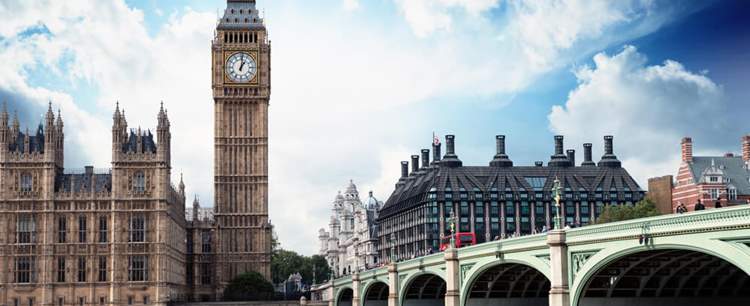UK property news is inevitably impacted by the strong headwinds of the prevailing political turmoil as a new Prime Minister and her Chancellor tackle the major economic problems facing the country.
It has sparked new questions about:
- the fate of Section 21 of the Housing Act;
- the publication of revisions to the How to Rent guide;
- a predicted fall in UK house prices;
- the identification of a city in Scotland that is reportedly the worst place in the country in which to invest; and
- the value of corner housing plots.
Section 21 Bombshell – It May NOT Be Scrapped After All
Among the several twists, turns, and U-turns in government policy, the fate of Section 21 of the Housing Act is no longer as certain as it once appeared, according to a story in Landlord Today on the 11th of October.
As part of long-held plans for the reform of private rented sector legislation, previous governments have promised to scrap Section 21 – the so-called “no-fault eviction” clause that allows landlords to repossess their let property without giving any reason or attributing any fault on the part of the tenant.
Although there have been scant details, a story in The Times newspaper suggested that the new government plans to scrap the plans to abolish Section 21 – and this has drawn the predictable ire of many of the pressure groups that represent tenants and their rights.
How To Rent Guide Changes
Landlords can be expected to engage in the customary scramble for copies of the most recent edition of the government publication How to Rent, announced Propertymark on the 30th of September.
One of the conditions that must be met by every landlord whenever a new tenancy starts is that tenants must be given a copy of the How to Rent guide – more than that, it must be the latest edition of the guide, which is updated fairly regularly.
Landlords will need to rush, therefore, to ensure that any new tenants are met with the current, updated How to Rent guide as soon as it becomes available.
The latest revisions to the guide are expected to reflect recent legislative changes with respect to the Smoke and Carbon Monoxide Alarm (Amendment) Regulations 2022 and modifications to the Code of Practice on the Right to Rent – a scheme available to landlords and letting agents.
UK House Prices Expected To Fall As Mortgage Rates Soar
Citing figures projected by the building society Halifax, Property Industry Eye on the 10th of October forecast a fall in average UK house prices as the market adjusts to rising inflation, increasing interest rates, and the withdrawal of available mortgage products.
The average price of a home fell by just 0.1% in September – but further falls are forecast over the forthcoming few months as the market enters a more sustained period of slower economic activity.
Aberdeen Is The Worst Area To Invest In Property In The UK
For anyone looking to invest in property in the UK, the Scottish city of Aberdeen is probably the one place you’d want to miss, says a story in the Aberdeen Business News on the 10th of October.
In a recent survey, it seems that Aberdeen recorded the slowest rate of growth in property prices in the whole of the UK.
That poor rate of growth in house prices – which have actually fallen since 2012 – means that Aberdeen offers the lowest yields on property investment in the UK. Ten years ago, the average price of a house in the city was £160,525 – but this has dropped by a staggering 9.9% since then, so that the average price is now barely £144,614.
The second poorest returns on property investment will be found in another Scottish city, Inverclyde. Here the average price of a home in 2012 of £100,389 has at least grown to £115,244 this year – but it is still the second lowest performing local authority area in the country.
Corner plot properties boost property values by as much as 81%
A story in Introducer Today on the 11th of October revealed a curious feature that seems to enhance the value of a residential property by as much as 81%.
The remarkable finding is that a house that occupies a corner plot commands a significantly higher price than one that is situated elsewhere.
Whereas the average home in the UK currently costs £289,807, research has shown that houses built on corner plots sell for an average price of £399,505 – some 38% or £109,698 more than a similar home on a regular non-corner plot.






